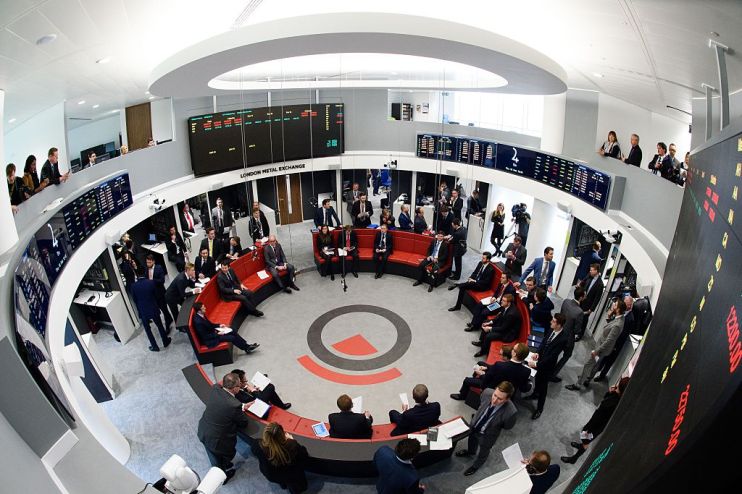London Metal Exchange chair quits in wake of nickel trading fiasco

The chair of the London Metal Exchange announced she would quit her role today after a turbulent tenure mired by a nickel trading scandal.
She quit following a scandal that saw the bourse shuttered and billions of dollars of trades cancelled.
In a statement this afternoon, the LME announced that Gay Huey Evans CBE would not seek re-election to the role and will step down after a new chair has been appointed.
Her time in charge was defined by a crisis in the nickel market in March, when the war in Ukraine sparked wild swings in prices and prompted the exchange to shut its doors due to “disorderly” trading conditions.
The LME then took the controversial step to cancel round $3.9bn of trades which sparked backlash from some traders.
In a statement today, Huey Evans said she had overseen a period of “significant change” and “greatly appreciated the opportunity to chair the LME and to work so closely with the people who play such a key part in the functioning of global markets.”
“The LME plays a crucial role in a vital industry and we have achieved some great wins, particularly onsustainability, new tech infrastructure and diversity and inclusion,” she added.
“I’m immensely proud of the leadership we showed with LMEpassport, which has put the LME at the forefront of responsible sourcing, transparency and modernisation.”
Huey Evans had been in the role for three years. She will stay on to oversee the firm as the hunt for a new chair gets underway.
LME Chief Matthew Chamberlain thanked the outgoing chair and said the firm would ensure it remained “responsive” to the needs of its customer base and provide a “relevant pricing, trading and risk management centre to the global metals industry.”
Volatile prices in the nickel market in March had caused huge paper losses for some traders, with the world’s biggest nickel producer – China-based Tsingshan Holdings – initially facing a hit of $8bn due to a hefty short position.